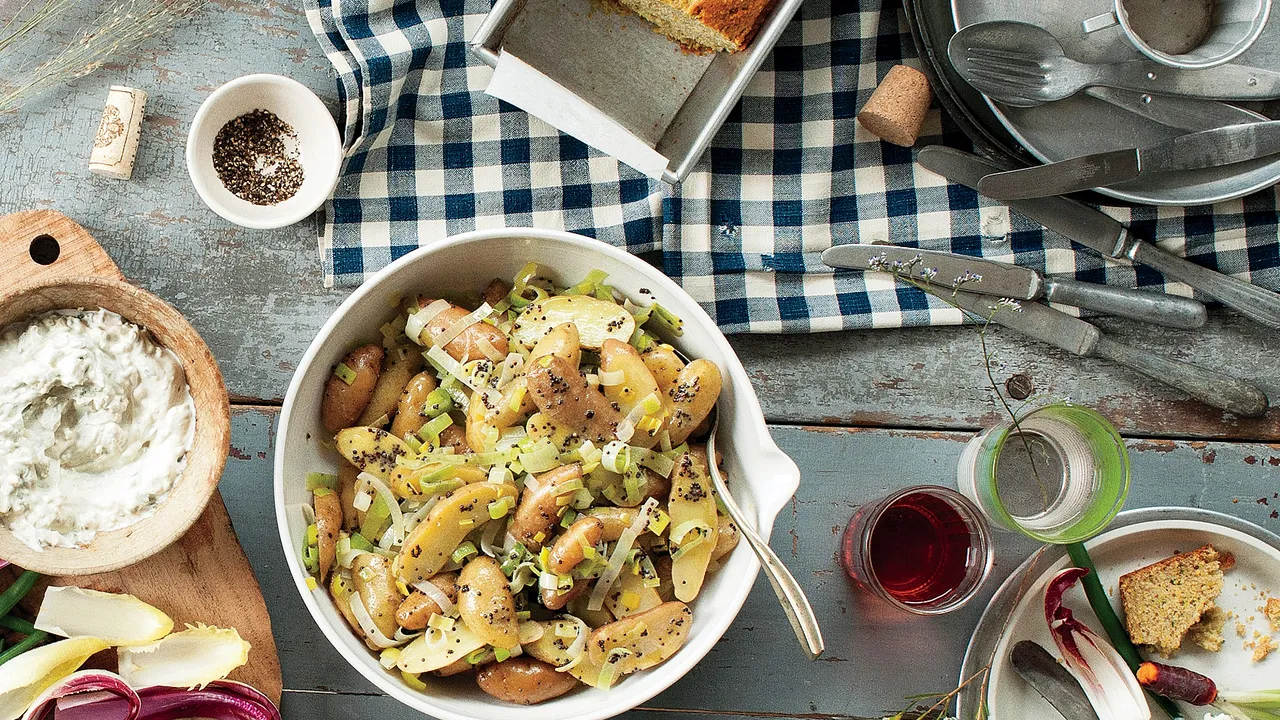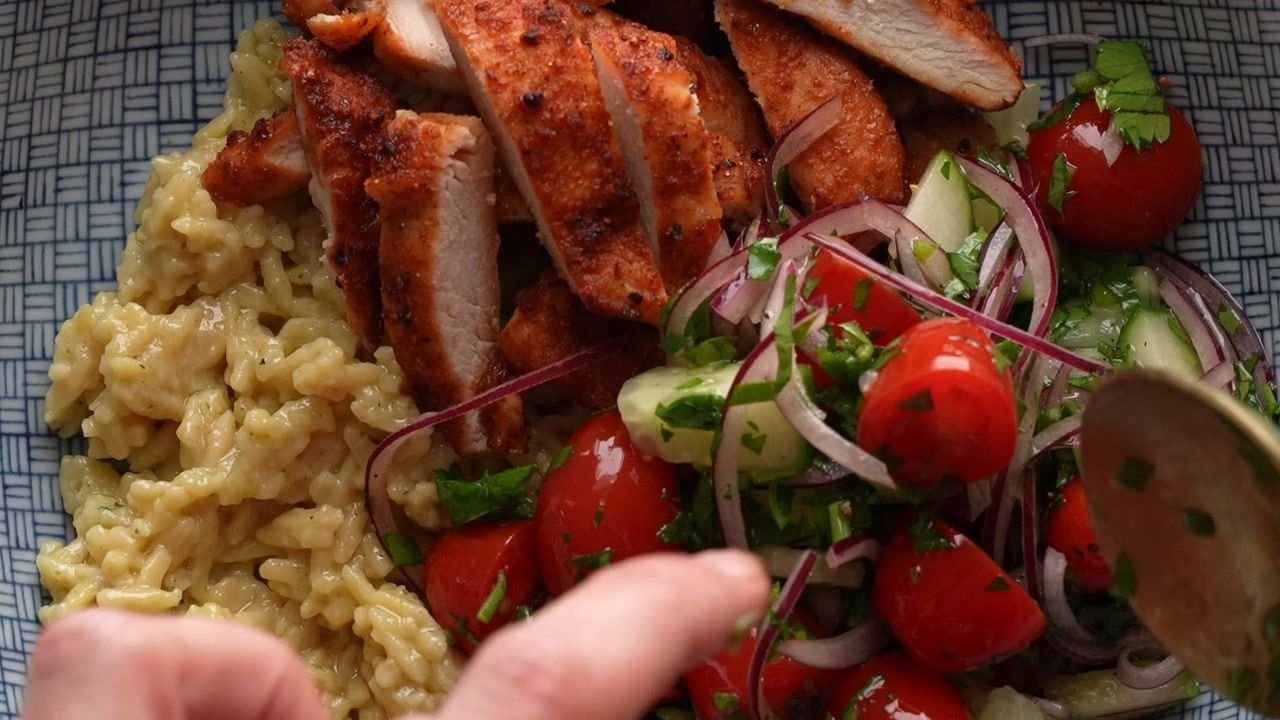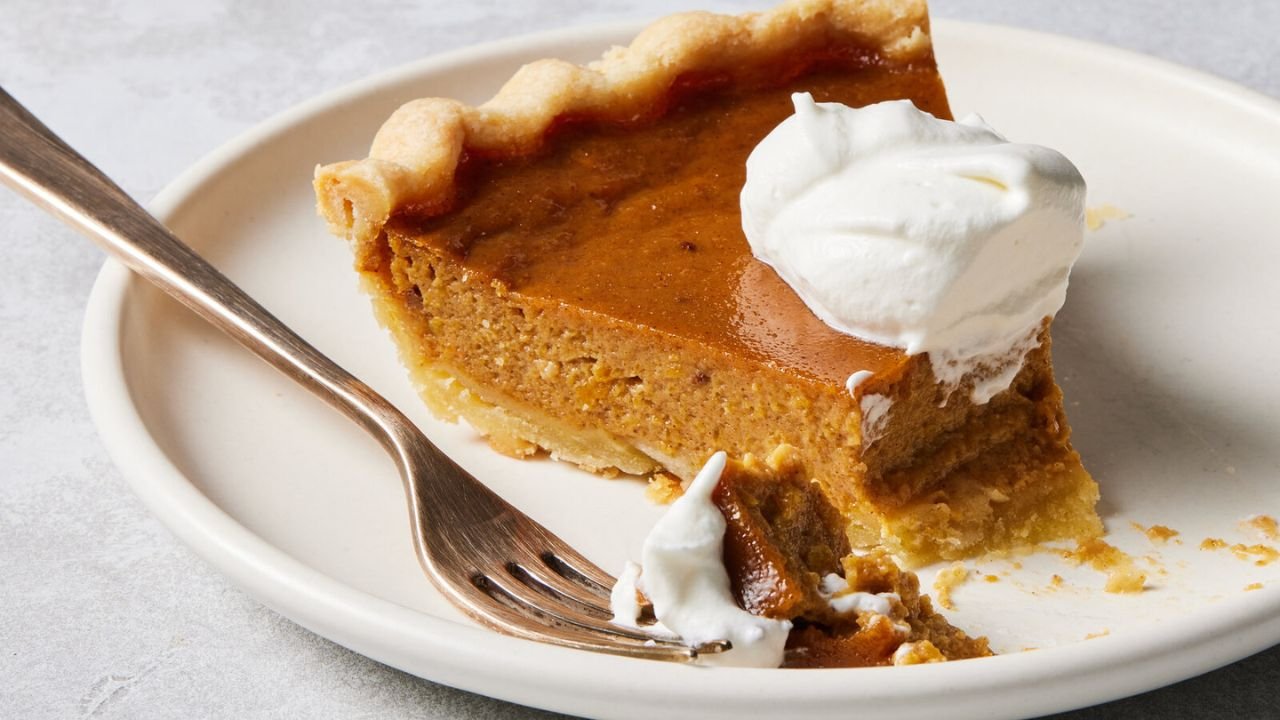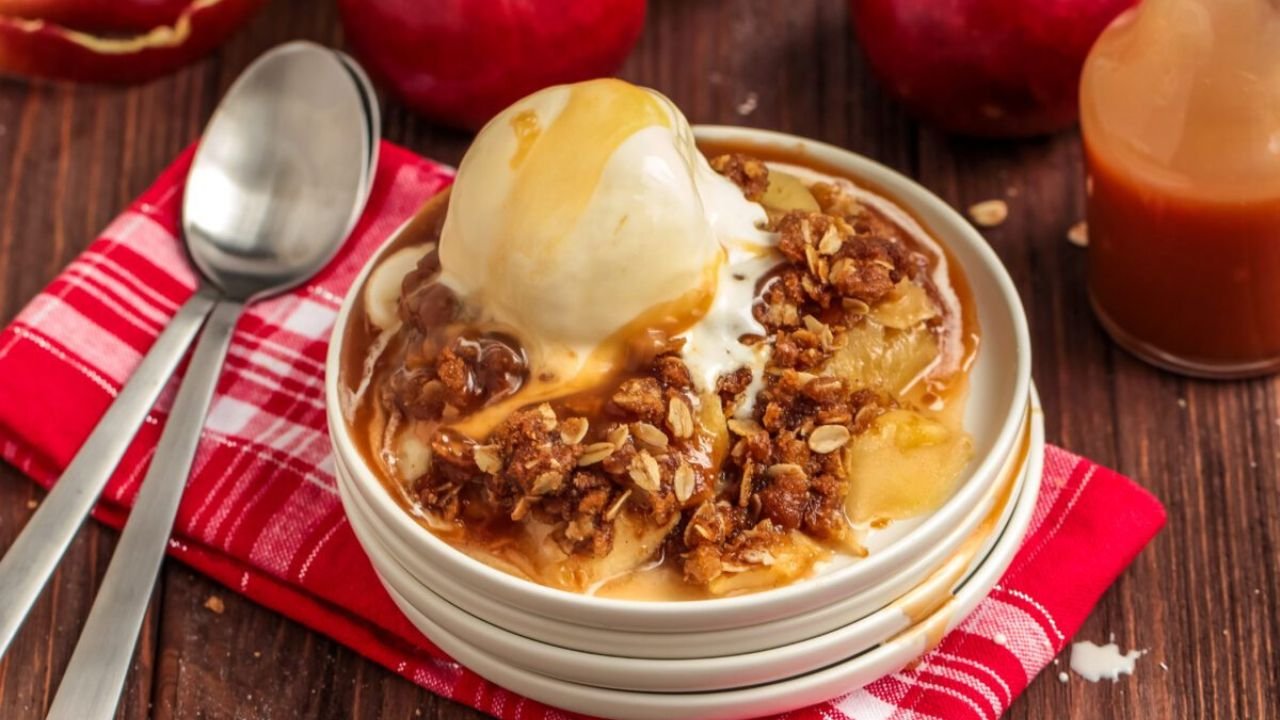The Oliver’s Salad
In the village of Tidehaven, where the sea whispered secrets and the cliffs loomed like ancient sentinels, there was a legend about a dish called the Oliver’s Salad. It wasn’t just food, the old fishermen said, their voices low over pints at the Salty Gull. It was a promise, a pact, a piece of the village’s soul. Nobody knew the recipe, not anymore, but every family in Tidehaven had a story about it—how it had healed a broken heart, saved a sinking ship, or brought rain to a parched summer. The salad belonged to the Oliver family, who’d lived in the stone cottage at the edge of the cliffs for generations, until they vanished fifty years ago, leaving the recipe lost to time.
Lila Oliver, twenty-two and restless, didn’t believe in legends. She’d grown up in the city, far from Tidehaven’s briny air, raised by her mother, who never spoke of the village or the family name. But when her mother died last winter, leaving behind a shoebox of letters and a deed to the old cottage, Lila found herself drawn to the place she’d never known. The letters, written in faded ink, mentioned the salad—vague references to “the garden’s gift” and “the debt we owe the sea.” They were signed by her grandmother, Eliza Oliver, the last of the family to live in Tidehaven.
It was May 2025 when Lila arrived, her beat-up hatchback rattling down the coastal road. The cottage was a ruin—sagging roof, ivy-choked walls, windows clouded with salt. But the garden behind it, wild and overgrown, was alive with greens: spiky arugula, feathery dill, and strange, silvery leaves she couldn’t name. Lila, who’d never grown so much as a houseplant, felt a pull to the garden, as if it recognized her.
The villagers were less welcoming. At the market, they stared, whispering about “the Oliver girl.” The Salty Gull’s barkeep, a grizzled woman named Peg, handed Lila a coffee and said, “You’ve got Eliza’s eyes. Trouble follows that look.” Lila brushed it off, but the whispers grew louder when she started clearing the garden. Old Mrs. Carney, who sold fish from a cart, warned her to leave the soil alone. “That’s no ordinary garden,” she said, crossing herself. “It’s tied to the salad, and the salad’s tied to the sea.”
Lila didn’t have time for superstition. She needed to fix the cottage, sell it, and get back to her life—or what was left of it. Her mother’s medical bills had drained her savings, and her job at a bookstore wasn’t enough to start over. But the garden intrigued her. She found a leather-bound journal buried under a tangle of mint, its pages filled with Eliza’s handwriting. It wasn’t a recipe book, not exactly, but it described plants—sea kale, purslane, glasswort—that thrived in salty soil. There were notes about the salad, too: “It must be given freely, never sold. It binds us to Tidehaven, to the promise.”
Lila didn’t know what the promise was, but she kept reading, piecing together fragments. The Oliver’s Salad wasn’t just a dish; it was a ritual. Every summer, the Olivers would make it for the village, serving it at a feast on the cliffs. The journal hinted at a bargain struck long ago, when Tidehaven was starving, and an Oliver ancestor begged the sea for salvation. The sea answered, filling the garden with strange, bountiful plants, but it demanded loyalty. The salad was the village’s thanks, a way to keep the sea’s favor.
By June, Lila had cleared half the garden, her hands blistered but her curiosity burning. She started experimenting, picking greens and herbs, trying to recreate the salad from Eliza’s notes. She mixed sea kale with dill, added tiny beach plums she found near the shore, and dressed it with oil and vinegar, guessing at proportions. The first attempt was bitter, the second bland, but the third—made under a full moon, because why not?—tasted like nothing she’d ever known. It was sharp and sweet, briny and bright, like the sea itself. She ate a bowl alone in the cottage, and that night, she dreamed of waves crashing, of voices singing in a language she didn’t understand.
The next morning, Peg knocked on her door, holding a basket of clams. “Heard you’re messing with the garden,” she said, eyeing Lila’s dirt-stained jeans. “Folks are talking. They say the salad’s back.”
Lila frowned. “It’s just a salad. I’m not starting a cult.”
Peg didn’t laugh. “Make it for the village. Tonight, at the Gull. See what happens.”
Lila wanted to say no. She wasn’t an Oliver, not like Eliza. She didn’t owe Tidehaven anything. But the journal’s words echoed in her mind—“given freely, never sold”—and she felt the garden’s pull, stronger now. She spent the day harvesting, her hands moving with a certainty she didn’t understand. She gathered glasswort, its salty crunch perfect for texture, and purslane, plump and tangy. She found wild sorrel near the cliffs, its lemony bite a revelation. For the dressing, she used cider vinegar, honey from a local apiary, and a pinch of sea salt, whisking until it gleamed.
That evening, the Salty Gull was packed. Fishermen, shopkeepers, even Mrs. Carney, who clutched her shawl like a shield, filled the tables. Lila carried out bowls of the salad, her stomach knotted with nerves. She’d made enough for everyone, following the journal’s rule: no one could be turned away. The villagers ate in silence, forks clinking, eyes darting between their plates and Lila. Then Mr. Tate, a retired captain with a face like weathered oak, stood up.
“This is it,” he said, voice trembling. “The Oliver’s Salad. I was a boy when Eliza last made it. I’d know it anywhere.”
The room erupted. People laughed, cried, hugged neighbors they hadn’t spoken to in years. Peg poured free rounds of ale, and someone dragged out a fiddle, filling the pub with music. Lila stood by the bar, dazed, as villagers thanked her, their hands warm on her shoulders. Mrs. Carney, tears in her eyes, pressed a pearl necklace into Lila’s palm. “For the sea,” she whispered. “It’s pleased tonight.”
Lila didn’t know what to make of it. The salad was good, sure, but this? It was like she’d cast a spell. Later, as she walked home under the stars, the sea roared louder than usual, its waves glinting silver. She clutched the journal, wondering what she’d unleashed.
The next day, strange things happened. A fishing boat, lost in a storm, returned safely, its crew swearing they’d seen a light guiding them home. The market’s stalls overflowed with crabs and mussels, more than anyone could remember. And Lila’s garden, which she’d barely tamed, grew overnight, new plants sprouting where she hadn’t sown them. The villagers called it a blessing, proof the salad had renewed the sea’s favor. They begged Lila to make it again, to stay in Tidehaven, to be their Oliver.
But Lila wasn’t sure. The journal warned of a cost, though it never said what. “The sea gives, and the sea takes,” Eliza had written. Lila noticed changes in herself—she tired faster, her dreams grew vivid and unsettling, filled with underwater caves and faceless figures. She found salt in her hair, though she hadn’t been near the beach. And the garden seemed to watch her, its leaves rustling even when the air was still.
One night, she found a hidden page in the journal, tucked into the binding. It was a letter from Eliza to her daughter—Lila’s mother. “I left because I couldn’t pay the price,” it read. “The salad binds us to the sea, but it demands more than we can give. Forgive me for running. Protect the garden, but don’t let it claim you.”
Lila’s heart raced. Her mother had known, and she’d fled, keeping Lila away from Tidehaven. But why hadn’t she destroyed the journal? Why leave the deed? Lila sat in the garden, the sea’s roar filling her ears, and made a choice. She wouldn’t run, but she wouldn’t be consumed either. She’d make the salad one last time, for the village, and then decide her future.
The summer solstice was days away, the traditional night for the Oliver’s feast. Lila prepared carefully, harvesting under moonlight, whispering thanks to the garden as she picked. She invited the whole village to the cliffs, where she set up tables draped in white, lit by lanterns. The salad was her best yet—sea kale, sorrel, glasswort, and tiny edible flowers that glowed faintly, though she didn’t question how. She served it with bread and wine, and the villagers ate, their faces lit with joy.
As the feast ended, a storm gathered, clouds swirling over the sea. The villagers didn’t panic; they watched, expectant. Lila felt the air shift, heavy with salt and something older. A wave crashed against the cliffs, higher than any she’d seen, and in its spray, she glimpsed a shape—vast, shimmering, gone in a blink. The villagers bowed their heads, murmuring thanks, but Lila’s knees buckled. She felt drained, as if the sea had taken a piece of her.
The next morning, the garden was quiet, its growth slowed. The village buzzed with stories of the feast, but Lila knew she couldn’t stay. The sea’s bargain was real, and she wasn’t ready to pay its price. She packed the journal, left the cottage to Peg with a note to tend the garden, and drove away, the pearl necklace in her pocket.
Years later, Tidehaven still spoke of the Oliver’s Salad, though Lila never returned. The garden grew, tended by Peg, and the village prospered, its nets always full. Lila settled in a new city, planting a small herb garden that never quite thrived. She kept the journal, reading it sometimes, wondering if she’d broken the promise or honored it. And on quiet nights, when the air smelled faintly of salt, she’d make a simple salad—arugula, dill, a splash of vinegar—and eat it alone, tasting the sea, the cliffs, and the family she’d left behind.











